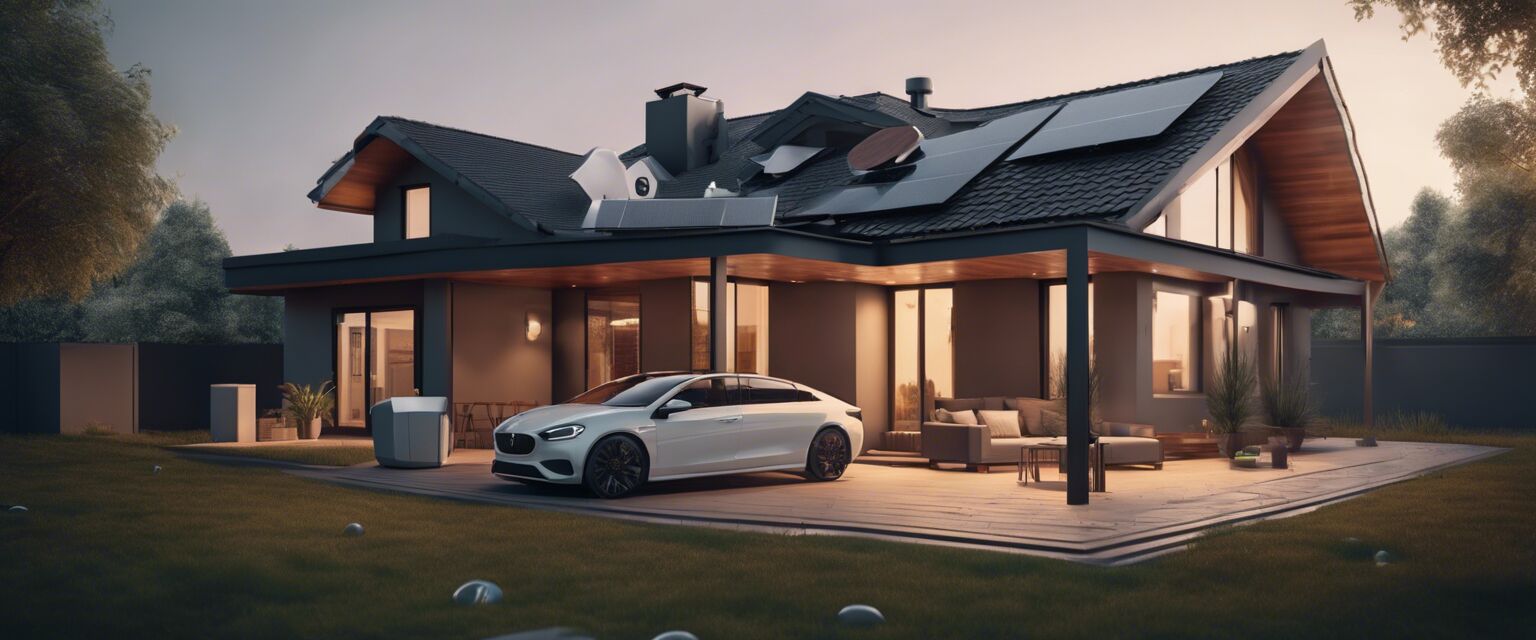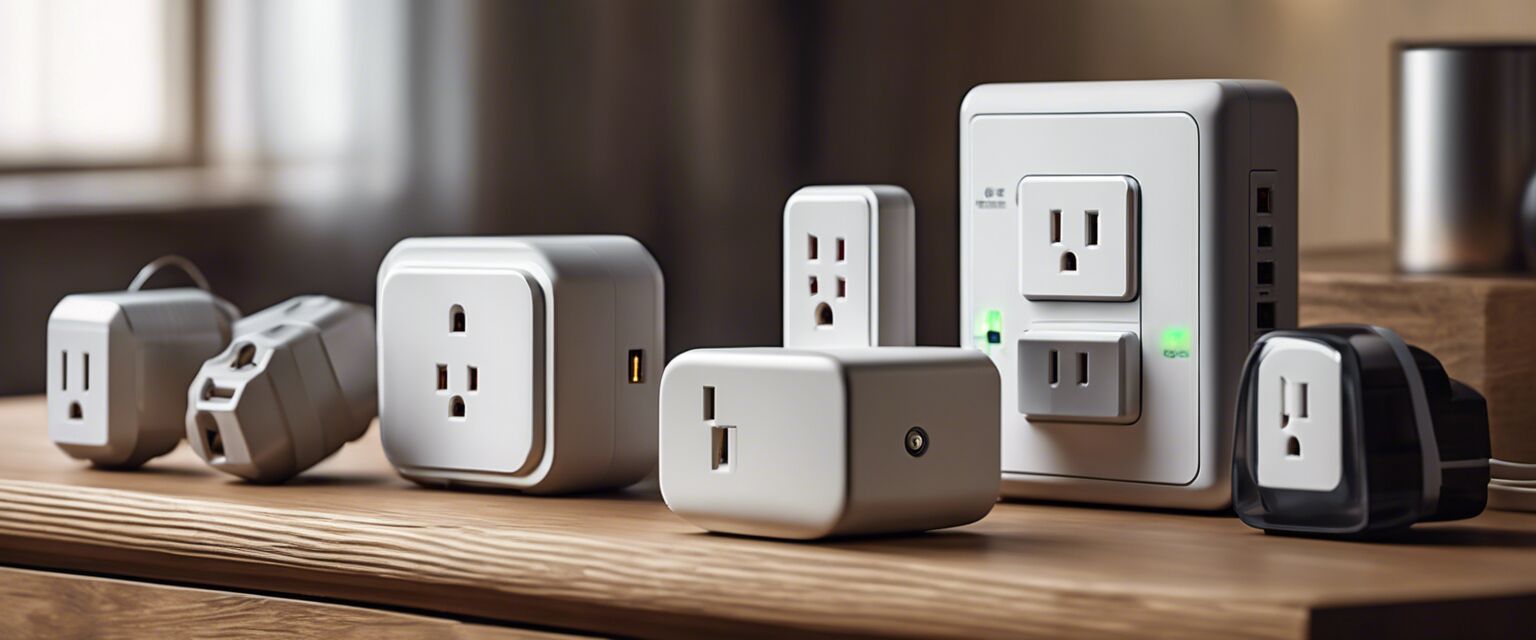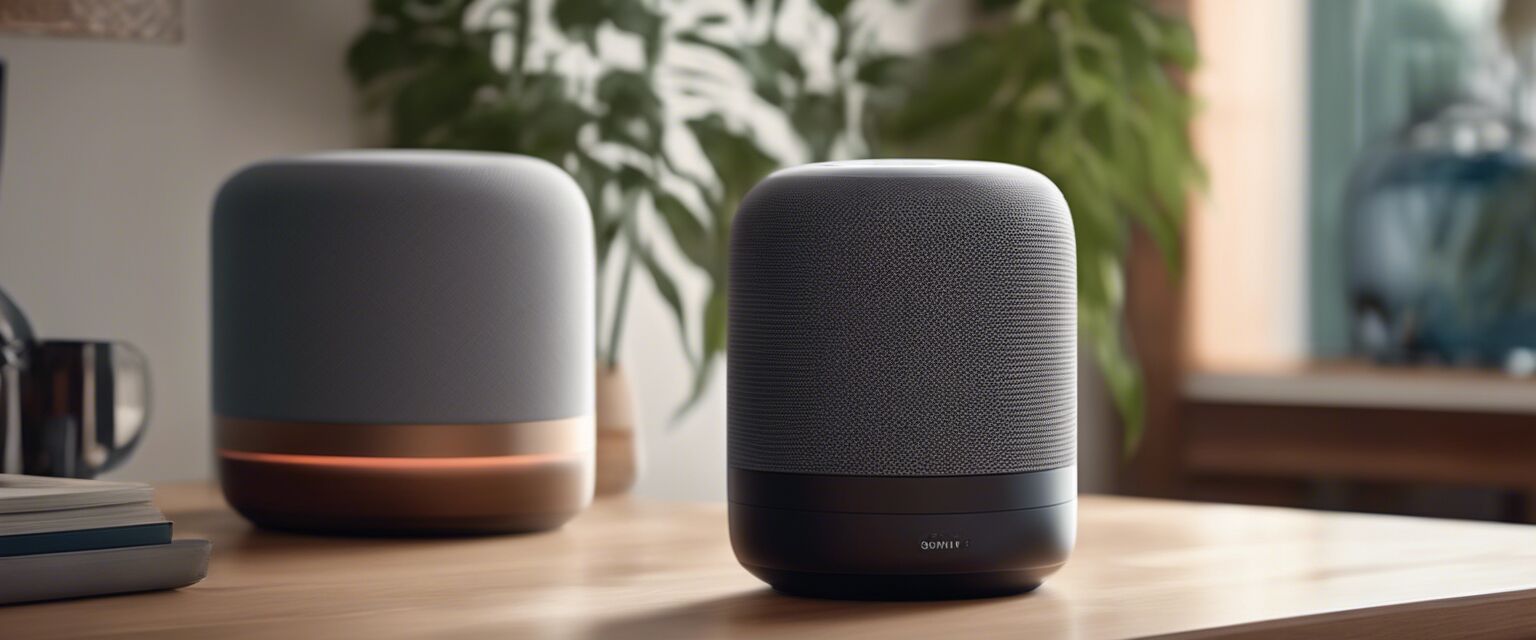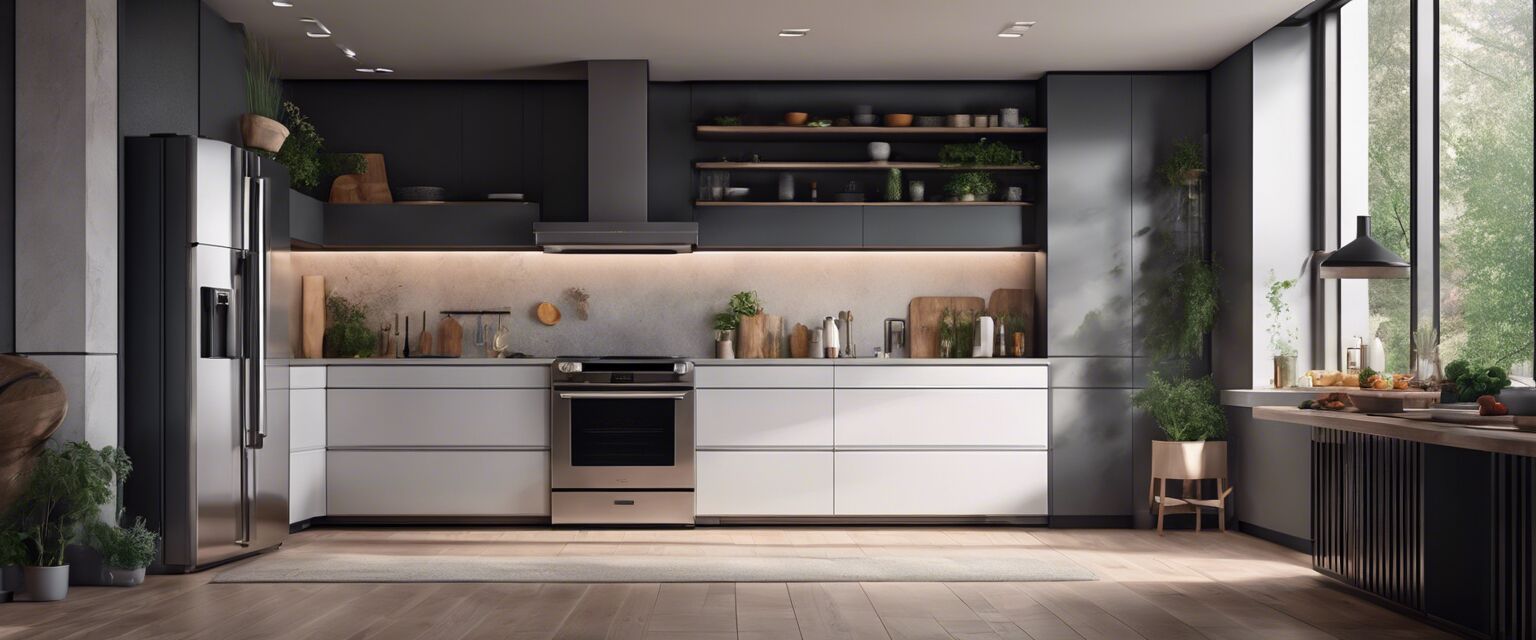
Smart Appliances: Transforming Your Home Experience
Key Takeaways
- Smart appliances automate daily tasks while saving time and energy.
- They can be integrated with smart home systems for enhanced control.
- Quality and features vary greatly, making the right choice crucial.
- Investing in energy-efficient models can lead to significant cost savings.
Welcome to our comprehensive guide on smart appliances! In this article, you'll find insights, guides, and reviews on a variety of smart appliances such as refrigerators, ovens, dishwashers, and more. The goal is to help you understand how these devices can enhance your lifestyle, increase convenience, and save you money on energy bills.
What Are Smart Appliances?
Smart appliances are everyday machines that connect to the internet and can be controlled remotely via a smartphone or voice assistant. They come with various features that enhance functionality, making them more efficient and convenient.
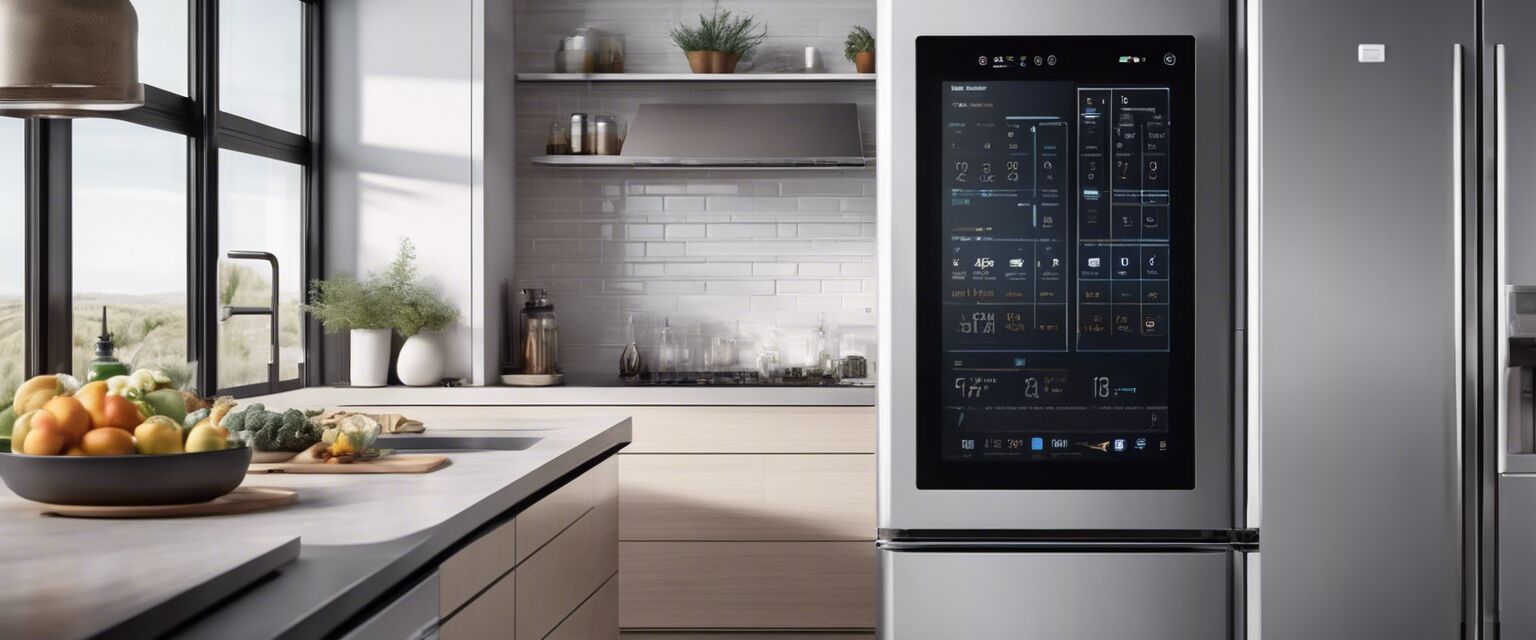
Benefits of Smart Appliances
- Convenience: Control appliances remotely.
- Energy Efficiency: Many models save energy, reducing electrical bills.
- Integration: Work seamlessly with other smart home devices.
- Remote Monitoring: Receive alerts for maintenance or issues.
Types of Smart Appliances
| Type | Functionality | Popular Brands |
|---|---|---|
| Smart Refrigerators | Keep food fresh, manage inventory, offer recipes | Samsung, LG, Whirlpool |
| Smart Ovens | Remote pre-heating, cooking guidance, recipe storage | GE, KitchenAid, Bosch |
| Smart Dishwashers | Efficiency tracking, cycle customization, smartphone control | Whirlpool, Samsung, LG |
| Smart Washing Machines | Cycle optimization, load management, detergent usage | LG, Samsung, GE |
How to Choose the Right Smart Appliance
When selecting a smart appliance, consider the following factors:
- Integration: Ensure it works with your existing smart home setup.
- Energy Efficiency: Look for ENERGY STAR ratings.
- Features: Identify which features are most important for your needs.
- Size and Capacity: Ensure it fits your space and can accommodate your household size.
Common Features of Smart Appliances
| Feature | Description |
|---|---|
| Remote Control | Operate the appliance from anywhere using an app. |
| Voice Activation | Use voice commands to control the appliance. |
| Smart Diagnostics | Receive alerts for maintenance or malfunctioning parts. |
| Recipe Assistance | Many smart appliances suggest recipes based on available ingredients. |
Tips for Maintaining Your Smart Appliances
Beginner's Tips
- Regularly update the firmware for enhanced security and performance.
- Clean the sensors and touch displays to ensure optimal functionality.
- Utilize the troubleshooting features in your appliance's app when issues arise.
- Set reminders for maintenance checks like filter replacements.
Smart Appliance Comparisons
You can find various smart appliances that cater to different needs and budgets. We break down comparisons for ease of understanding:
Smart Refrigerators vs. Traditional Refrigerators
| Feature | Smart Refrigerators | Traditional Refrigerators |
|---|---|---|
| Connectivity | Wi-Fi enabled, app control | Stand-alone, no connectivity |
| Inventory Tracking | Yes | No |
| Features | Touchscreen, recipe suggestions | Basic cooling |
Top Smart Kitchen Brands
When shopping for smart appliances, consider reputable makers known for their technology and reliability:
Future of Smart Appliances
The market for smart appliances continues to grow, with innovations leading to smarter, more integrated devices. Expect features such as enhanced artificial intelligence for personalization and even more seamless integration with other smart home technology.
Pros
- Increased convenience with remote access and control.
- Smart tracking for energy consumption.
- Enhanced safety features.
- Integration with smart home ecosystems.
Cons
- Higher upfront costs compared to traditional appliances.
- Dependence on Wi-Fi connectivity for full functionality.
- Potential privacy concerns with internet-connected devices.
- More complex maintenance and setup.
Conclusion
Smart appliances are revolutionizing how we interact with our home environments, offering convenience, efficiency, and a touch of modernity. By understanding the features, benefits, and options available, you can make informed decisions that enhance your daily life. Explore our smart thermostat and smart speaker categories to learn more about how to integrate these technologies into your home!


